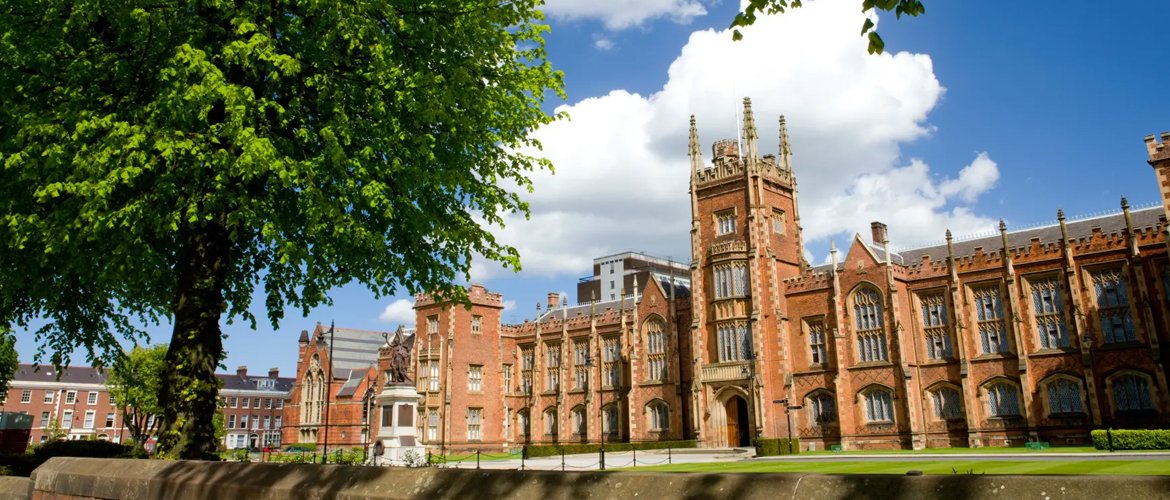The UK is home to some of the world's best universities, such as Oxford, Cambridge, Imperial College London, and the London School of Economics.
The UK education system is known for its rigorous academic standards and innovative teaching methods.
Wide Range of Courses
The UK offers a vast array of courses and programs across various fields of study.
Flexibility in course selection allows students to tailor their education to their interests and career goals.
Cultural Experience
The UK is a melting pot of cultures, providing students with the opportunity to interact with people from all over the world.
Rich historical heritage and vibrant arts and entertainment scenes.
Work Opportunities
Students can work part-time during their studies and full-time during holidays, gaining valuable work experience.
Post-study work visa options are available, allowing graduates to stay and work in the UK for up to two years after completing their studies.
Application Process
Choose a Course and Institution
Research courses and universities to find the best fit for your academic and career goals.
Consider factors such as course content, university reputation, location, and campus facilities.
Meet Entry Requirements
Each course and university will have specific entry requirements, including academic qualifications and English language proficiency.
Common English language tests accepted include IELTS, TOEFL, and PTE Academic.
Prepare Your Application
Gather necessary documents such as academic transcripts, letters of recommendation, personal statement, and proof of English language proficiency.
Some courses may require additional materials, such as a portfolio for art and design programs.
Apply Through UCAS
Undergraduate applications are typically submitted through the Universities and Colleges Admissions Service (UCAS).
Postgraduate applications are usually made directly to the university.
Visa Application
Once you receive an offer of admission, you will need to apply for a Tier 4 (General) student visa.
Provide documents such as your Confirmation of Acceptance for Studies (CAS), proof of financial support, and a valid passport.
Financial Considerations
Tuition Fees:
Tuition fees vary depending on the course and university but generally range from £10,000 to £38,000 per year for international students.
Living Costs:
Living expenses vary by location, with London being more expensive than other cities.
On average, you should budget around £12,000 to £15,000 per year for living expenses.
Scholarships and Financial Aid:
Many universities offer scholarships and financial aid to international students.
Research and apply for scholarships early to increase your chances of receiving financial support.
Preparing for Your Move
Accommodation
Universities often provide on-campus housing options.
Alternatively, you can look for private accommodation.
Health Insurance:
International students are required to pay the Immigration Health Surcharge (IHS) as part of their visa application, granting access to the National Health Service (NHS).
Travel Arrangements:
Book your flights and make travel arrangements well in advance.
Familiarize yourself with UK customs and immigration procedures.
Studying in the UK can be a life-changing experience, offering high-quality education and diverse opportunities. If you need more specific information or assistance with any part of the process, feel free to ask!

